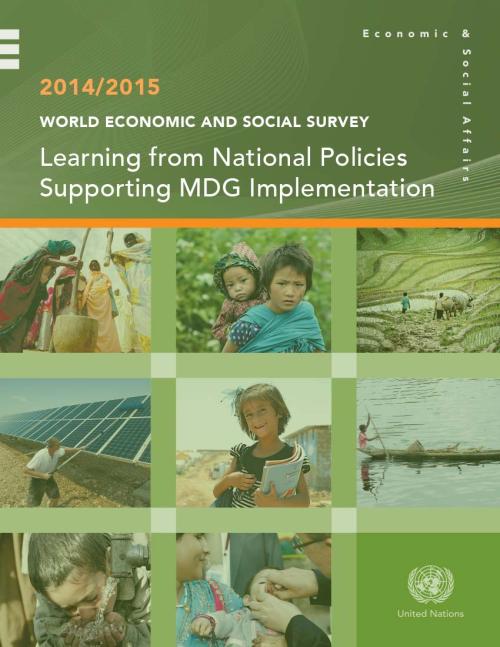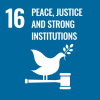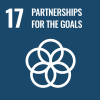The launching of the Millennium Development Goals (MDGs) at the dawn of the present century ushered in one of the most important initiatives undertaken by the United Nations. Concerted efforts at the international, national and subnational levels to achieve the MDGs have brought about significant development progress over the past 15 years. Nevertheless, important development gaps remain.
The year 2015 was one of global action on the unfinished business of the MDGs and the many other challenges facing humankind. Once again, the United Nations has taken the leading role in promoting development for all, and through an inclusive consultation process has formulated the 2030 Agenda for Sustainable Development, launched by global leaders in September along with a set of Sustainable Development Goals (SDGs). These new goals will apply universally to all countries, while taking into account different national realities, capacities and levels of development.
As the MDG experience shows, setting ambitious goals is the first step; achieving them requires concrete actions. The World Economic and Social Survey 2014/2015 reviews economic, social and environmental policies implemented at the national level and the institutional aspects that enabled them, bringing about significant progress towards achieving the MDGs. The Survey subsequently draws a set of useful policy lessons that Member States will find helpful in formulating strategies and policies for implementation of the 2030 Agenda for Sustainable Development, including the SDGs.
 Welcome to the United Nations
Welcome to the United Nations


